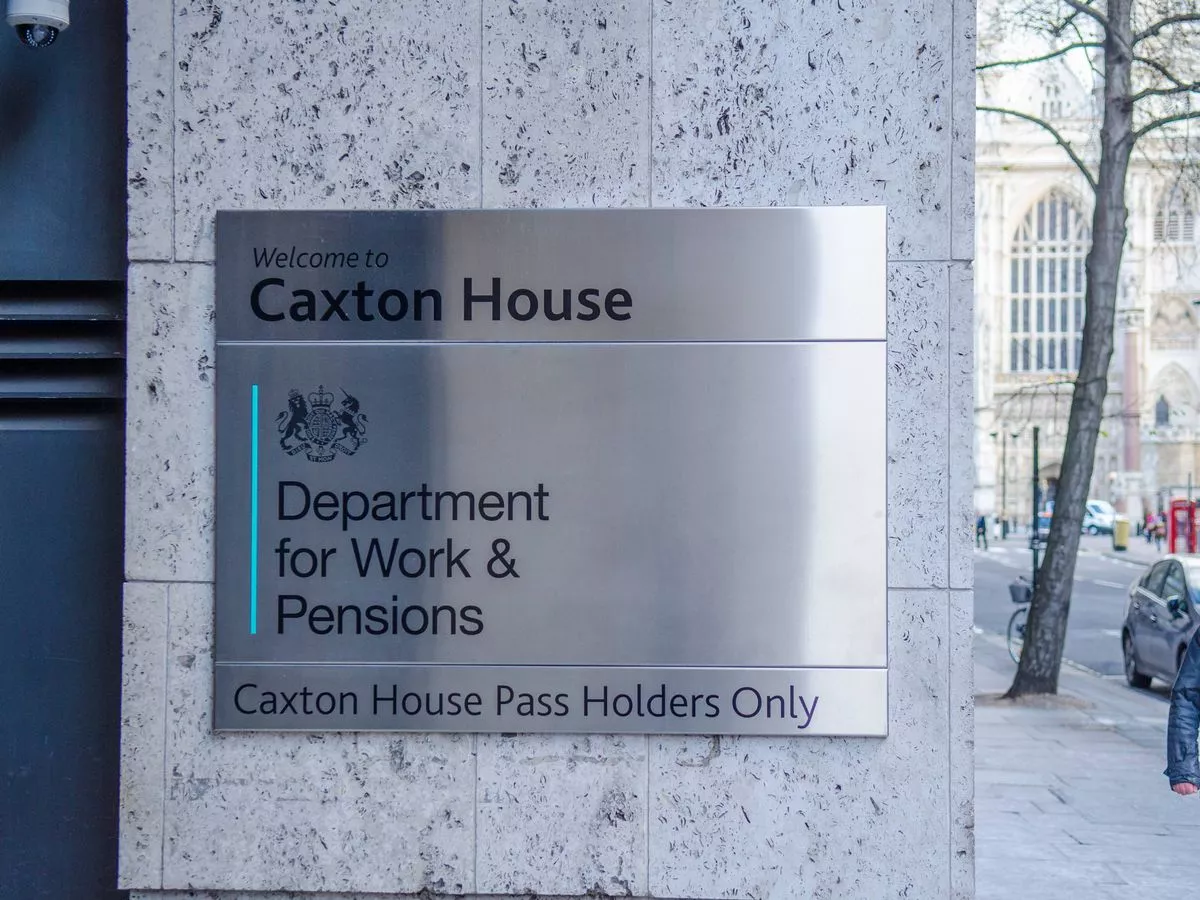Copyright dailypost

The DWP is under mounting pressure to scrap proposals that could slash Universal Credit payments by over £10,400 for certain recipients. Government plans would see the minimum age for accessing the Universal Credit health element raised from 18 to 22. At present, individuals can receive the health top-up from 18 if they suffer from a medical condition or disability that impacts their capacity to work, with 18 also marking the age when benefit claims can commence. Parliamentary representatives have submitted an early day motion opposing the suggested modification, reports the ECHO. The declaration "expresses concern at proposals to restrict access to the health element of Universal Credit based solely on age", arguing that "a disabled or severely ill person is not inherently more capable of work whether they are under 22 years of age or over". The motion additionally calls upon ministers to ensure that claimants who are gravely ill or disabled "are not discriminated against on the basis of age in future". The motion has garnered support from former Reform UK MP James McMurdock, who now sits as an independent, along with DUP MP Jim Shannon. Confirmed changes taking effect from April 2026 will see the health element for new claimants slashed by half from the existing £432.27 monthly rate down to £217.26 a month. The rate will remain frozen at this amount until the 2029/2030 tax year. This means a new claimant losing out on four years' worth of the health element from age 18 to 22 would be deprived of £10,428.48 in payments. As part of an earlier consultation on the plans, the DWP outlined its reasoning behind enhancing access to the health element. The department said: "Delaying access to the Universal Credit health element would remove any potential disincentive to work during this time. Proceeding with this change would be on the basis that resources could be better spent on improving the quality and range of opportunities available to young people through the guarantee, so they can sign up to work or training rather than long-term benefits. "Such a change could further support the objective for a distinct and active transition phase for young people, based on learning or earning for all." The DWP will be increasing the Universal Credit standard allowance beyond inflation rates across the four financial years starting from 2026/2027. This will result in the standard allowance being 4.8 percent higher than it would have been had it risen alongside the CPI (Consumer Prices Index) measure for inflation, as most DWP benefits typically do. In March 2025, former Work and Pensions Secretary, Liz Kendall, said: "We will deliver reform with real people and real voices at the heart of the changes - people who for too long have been 'signed off' rather than 'signed up' to programmes to support them with health or other barriers to getting a decent job. "That is why we will raise the Universal Credit standard allowance and provide an additional £1billion employment, health and skills support package to make the system pro-work and reduce perverse incentives. These reforms are vital to achieving our goal of spreading the benefits of good work to as many people as possible. "However, in making these crucial changes we must also be building a benefit system that is more affordable, so we have taken decisive action now." Sign up for the North Wales Live newsletter sent twice daily to your inbox Find out what's happening near you



